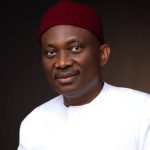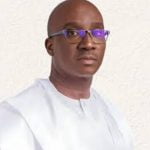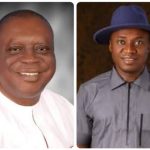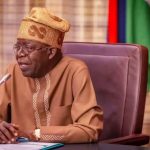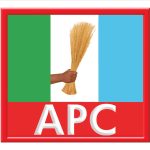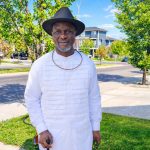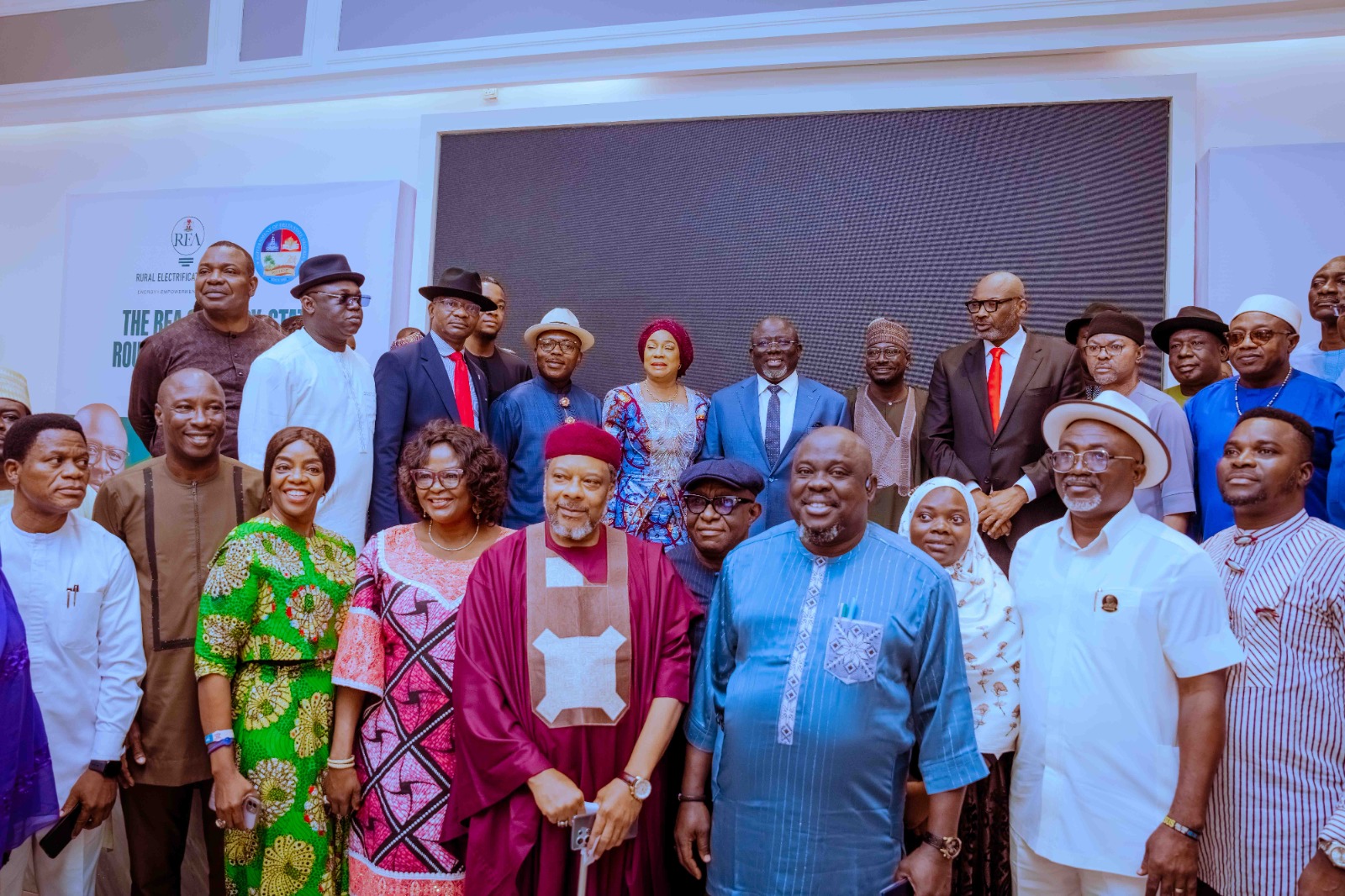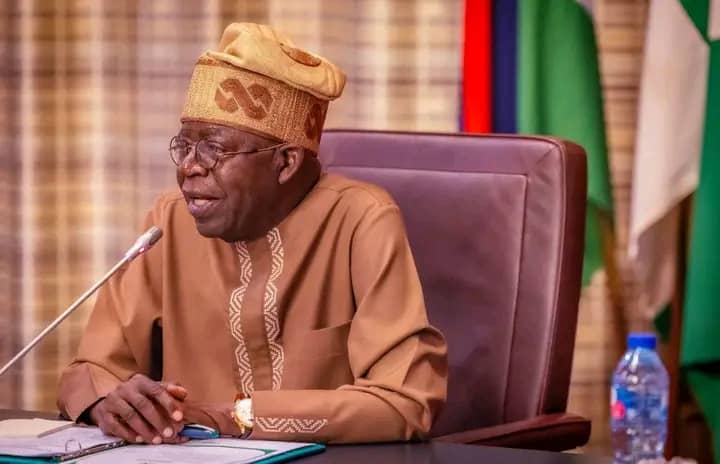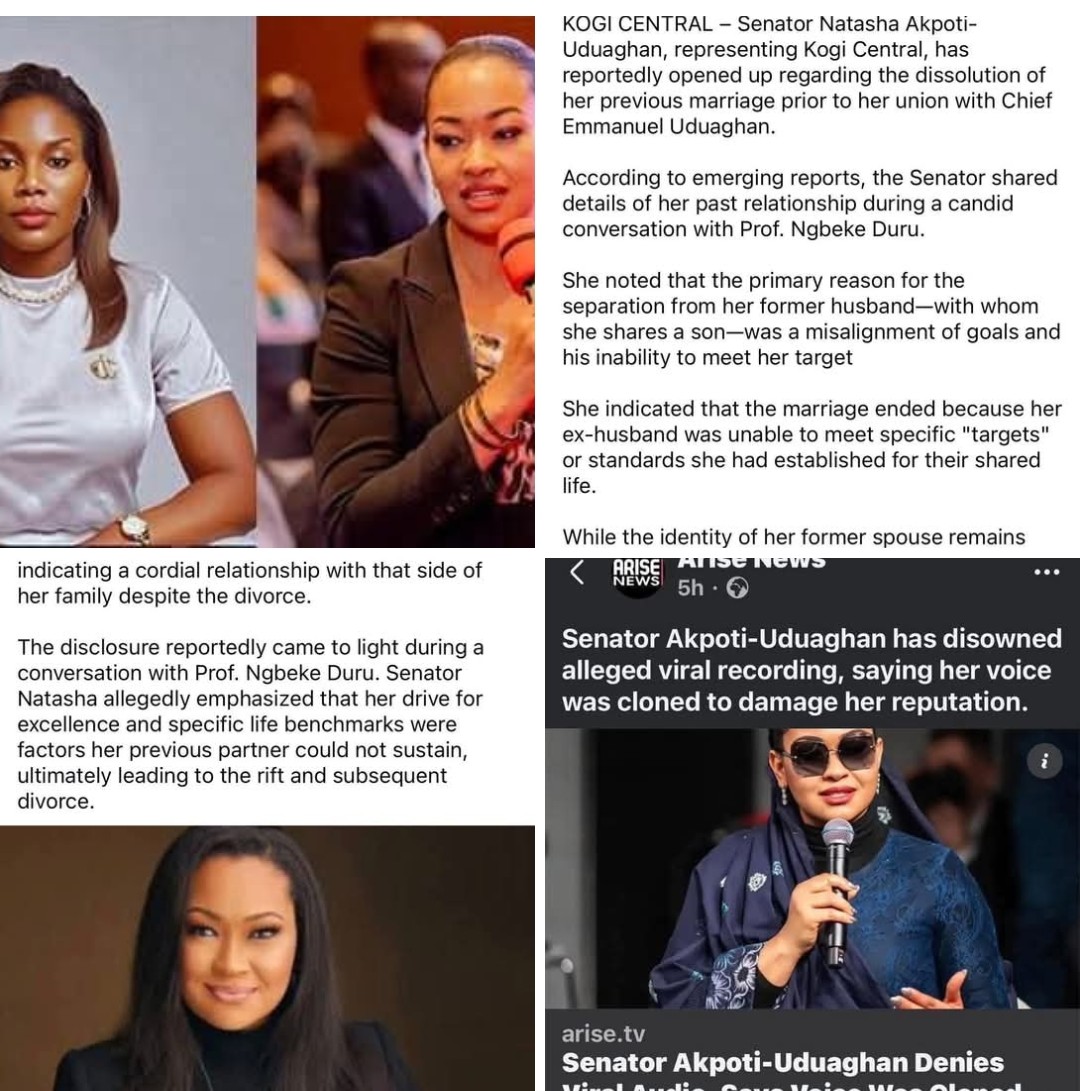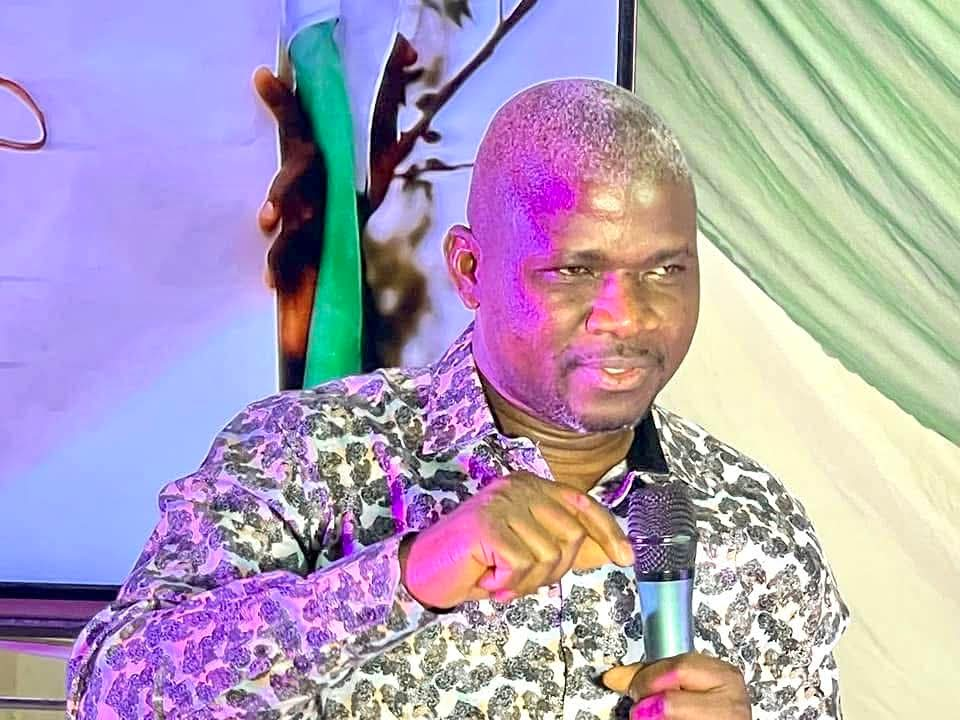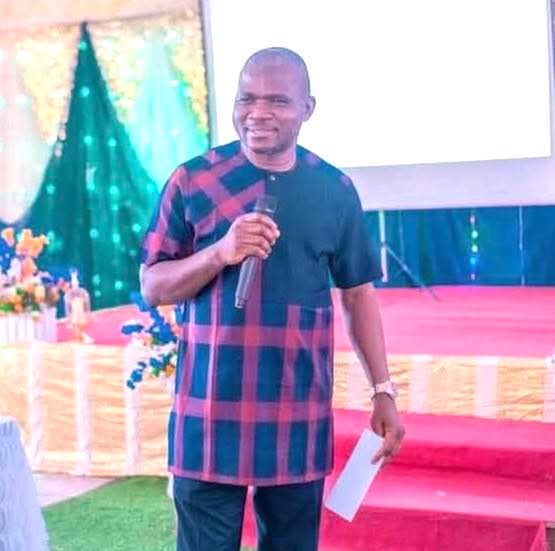Oborevwori’s Humanity-Centred Governance: Powering Delta with Energy, Compassion, Dignity
…Empowers 10,000 Widows with Free Healthcare, Stipends
By Festus Ahon
When Rt. Hon. Sheriff Oborevwori assumed office as the fifth democratically elected Governor of Delta State on May 29, 2023, he pledged to deliver a people-first agenda built on his MORE agenda of Meaningful Development, Opportunities for All, Realistic Reforms, and Enhanced Peace and Security.
Two years into his first tenure, that promise is already reshaping the state’s development trajectory, blending infrastructure with compassion and balancing long-term investments with immediate human needs.
From championing renewable energy to lifting widows out of poverty, and from clearing pension backlogs to sealing landmark energy partnerships, Governor Oborevwori has demonstrated that governance, for him, is about touching lives.
His approach is not only pragmatic but also symbolic – signaling a leadership style that balances hard infrastructure with soft human concerns, ensuring that progress is measured not just in projects, but in the dignity and well-being of the people.
…Powering Communities Beyond the Grid
Energy remains central to sustainable industrial growth, yet Delta—like most other Nigerian states—continues to grapple with inadequate electricity access, particularly in rural communities.
This challenge persists despite the state hosting major national power assets such as the plants in Ekrerhavwen/Ekakpamre near Ughelli, Ogorode in Sapele, and Okpai in Ndokwa East Local Government Area, all of which feed directly into the national grid.
Determined to change this narrative, Governor Sheriff Oborevwori has placed renewable energy at the heart of Delta’s future power strategy, positioning it as the backbone of sustainable electrification and inclusive development across the state.
Speaking at the recent Rural Electrification Agency (REA) State-by-State Roundtable in Abuja, Oborevwori declared that “reliable electricity is a cornerstone for unlocking productivity, attracting investments, and enhancing livelihoods.” With over 22 million Nigerian households still unconnected to electricity, Delta is determined not to lag in this direction.
To this end, the state has developed a Decentralized Energy Plan to power critical institutions such as the Government House, the new State Secretariat Complex, Stephen Keshi Stadium, Asaba Airport, and the state’s four universities using renewable energy.
Beyond government facilities, Oborevwori’s strategy emphasizes rural communities, schools, and hospitals, where energy poverty has for decades stunted progress.
Renewable sources such as solar, wind, and biomass are no longer experimental, the Governor insists, but “powerful tools for inclusive growth and rural transformation.”
By positioning Delta to tap into national programmes such as the Nigeria Electrification Project and the Energizing Education Programme, the state aims to draw both federal resources and private investors.
Already, the Managing Director of REA, Abba Aliyu, has praised Delta for domesticating the Electricity Act 2023 and creating its own regulatory commission, noting that “these efforts put Delta ahead of most states, positioning it to take charge of its own energy future.” With REA’s $1.16 billion fund for renewable projects waiting to be unlocked, and private investors eyeing ventures such as a 600MW solar panel assembly plant, the opportunities are immense.
According to Delta- born Doris Uboh, the Executive Director of the Rural Electrification Fund, bridging Delta’s electricity gaps could create over 31,200 jobs and attract $158 million in investments. Areas such as Ndokwa East, Burutu, Ughelli South, and Warri South West stand to benefit most, as they remain among the most underserved.
For Oborevwori, the payoff is simple: “This is a win-win situation where investors make profit while Delta gets powered.”
…Compassion at the Centre: A Lifeline for Widows
Yet, Oborevwori’s governance philosophy is not only about megawatts and infrastructure. He has also made compassion a credible active policy. Nowhere is this clearer than in the Widows’ Welfare Scheme, a landmark initiative flagged off on Monday, 18th August 2025 to support 10,000 widows across Delta.
“Being a widow is not by choice, and it will never be anyone’s choice,” the Governor said at the launch. “Beyond the pain of losing a loved one, widows are left with the burden of survival. That is why this administration is determined to improve their living conditions and give them hope.”
Under the scheme, each widow will receive ₦15,000 monthly, with three months paid in arrears to ease immediate burdens and the beneficiaries accounts were immediately credited.
More importantly, all beneficiaries are being enrolled in the Delta State Contributory Health Insurance Scheme, guaranteeing free medical care at accredited facilities across the state.
For women like Christiana Akaluzia and Elizabeth Mukoro, the gesture is more than financial aid, it is dignity restored.
What makes the scheme particularly groundbreaking is its non-political, community-driven design. Beneficiaries were identified across all 270 wards of the state, vetted by traditional rulers, civil society groups, and community leaders to ensure only genuine widows benefit. Politicians and civil servants were deliberately excluded.
Coordinated by the Governor’s Executive Assistant on Social Investment Programmes, Elder Isioma Okonta, the scheme reflects a continuation of Oborevwori’s social welfare legacy.
Since 2023, over 266,000 people have benefited from empowerment initiatives, youth programmes, and business grants. The widows’ scheme, however, is uniquely personal, drawing inspiration from the Governor’s long-standing private commitment to supporting widows before he entered public office.
“This is governance with a human face,” said Okonta. “The Governor has become a father to widows and a pillar of support for the poor.”
…Restoring Dignity to Retirees
While widows represent one vulnerable group, another constituency has also received the Governor’s attention: pensioners. For decades, retirees in Delta have struggled with unpaid arrears, leading to frustration, poverty, and, in some cases, premature deaths.
Determined to change the narrative, Oborevwori, Tuesday, approved the immediate release of ₦10 billion to clear outstanding pension backlogs.
Meeting with the Pension Board and leaders of retirees, the Governor acknowledged that arrears predated his administration, but insisted they must be tackled with urgency. “Our retirees are men and women who gave their best years in service to the state. It is only just that they receive what is duly owed to them,” he said.
The ₦10 billion release comes on top of ₦36.4 billion already paid out in pensions since his assumption of office. The state also continues to release ₦1.4 billion monthly to meet ongoing obligations. For retirees who had lost hope, the announcement was a welcome surprise.
“You took us unawares; what we were expecting was far less,” said Comrade Anthony Osanekwu, State Chairman of the Association of Contributory Retirees. “I am elated, and I know that when pensioners across the state hear this news, they will be very happy.”
By constituting an oversight team to supervise disbursement, Oborevwori also sent a message about transparency. For him, clearing pension backlogs is not only about settling debts but also about restoring dignity to senior citizens.
The Governor also on Wednesday in Abuja, paid a condolence visit to the National Chairman of the All Progressives Congress (APC), Professor Nentawe Yilwatda, over the death of his mother, Mama Lydia Yilwatda.
Oborevwori, who was accompanied by members of the National Assembly from Delta State including Hon. Nicholas Mutu, Hon. Francis Waive, Hon. Nnamdi Ezechi, and Hon. Ngozi Okolie as well as his Senior Political Adviser, Senator Emmanuel Aguariavwodo, noted that the late matriarch lived a fulfilled life, raising a family that has produced a professor, a minister, and now the National Chairman of the ruling party.
…A Leadership Philosophy Rooted in Balance
What unites Oborevwori’s renewable energy drive, widows’ welfare scheme, and pension bailout is a leadership philosophy anchored on balance: infrastructure and compassion, jobs and dignity, megawatts and monthly stipends.
This blend reflects the central spirit of the MORE Agenda—inclusiveness. As the governor puts it: “As we build roads, bridges, and infrastructure, we must also invest in the welfare of our people. True governance is not just about physical projects but about touching lives and giving hope.”
Analysts note that this deliberate mix of hard and soft policies creates a unique governance ecosystem. Energy investments promise long-term growth, while welfare interventions deliver immediate relief. Together, they uplift both the economy and the most vulnerable.
For Delta’s widows, pensioners, and rural communities still waiting for electricity, these policies represent more than statistics—they are lifelines. For investors and development partners, they signal a state open to business and social innovation.
For Governor Oborevwori, they embody his vision of a Delta where development is meaningful, opportunities abound, reforms are realistic, and peace is enduring. Still, the ultimate test lies in consistent delivery.
Renewable energy projects must advance from policy papers to solar panels; stipends must flow without disruption; and pension arrears must never again be allowed to pile up. Yet, if the early momentum is any indication, Sheriff Oborevwori is determined to govern with both power and compassion—electrifying communities while lighting up lives.
